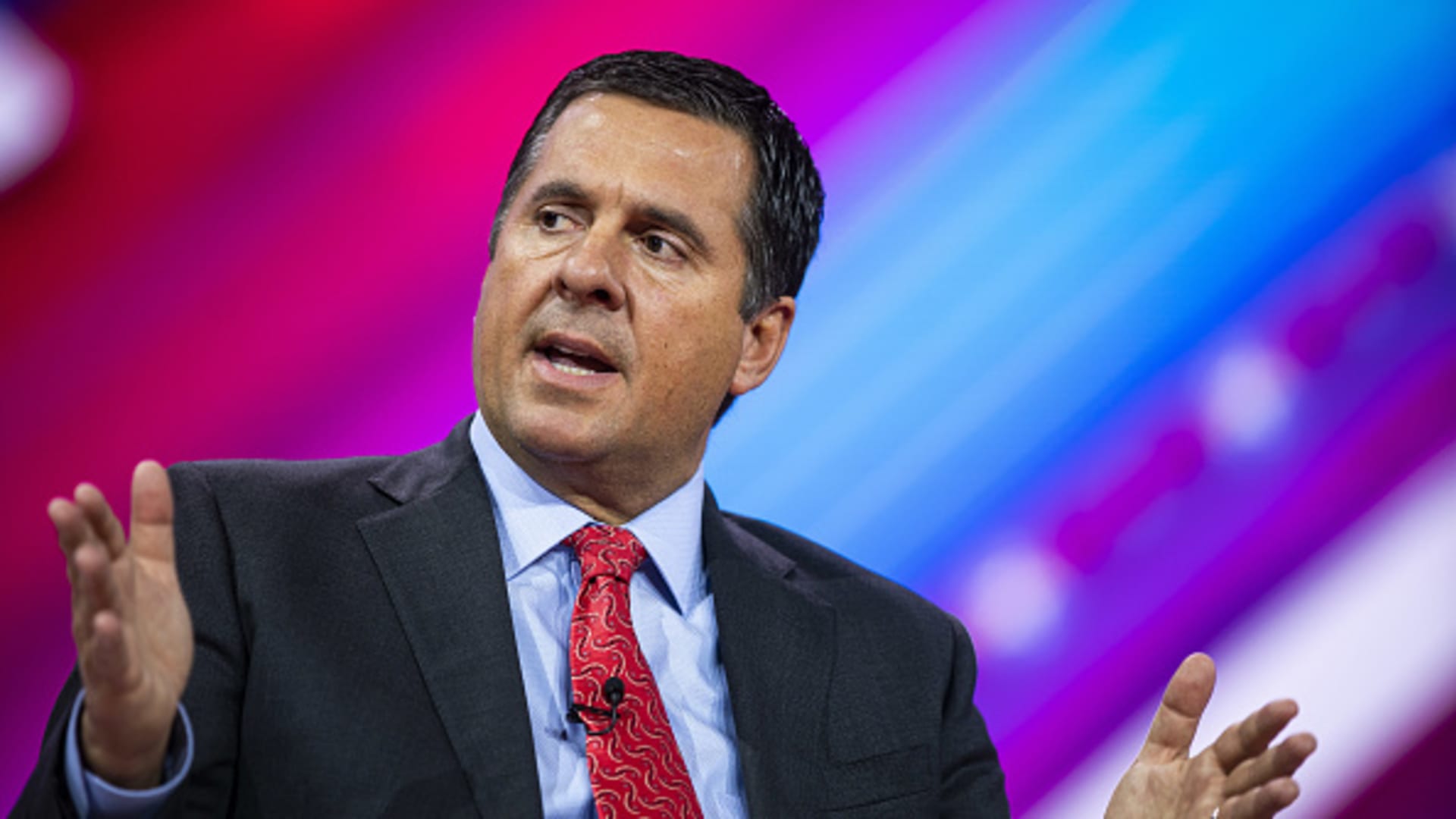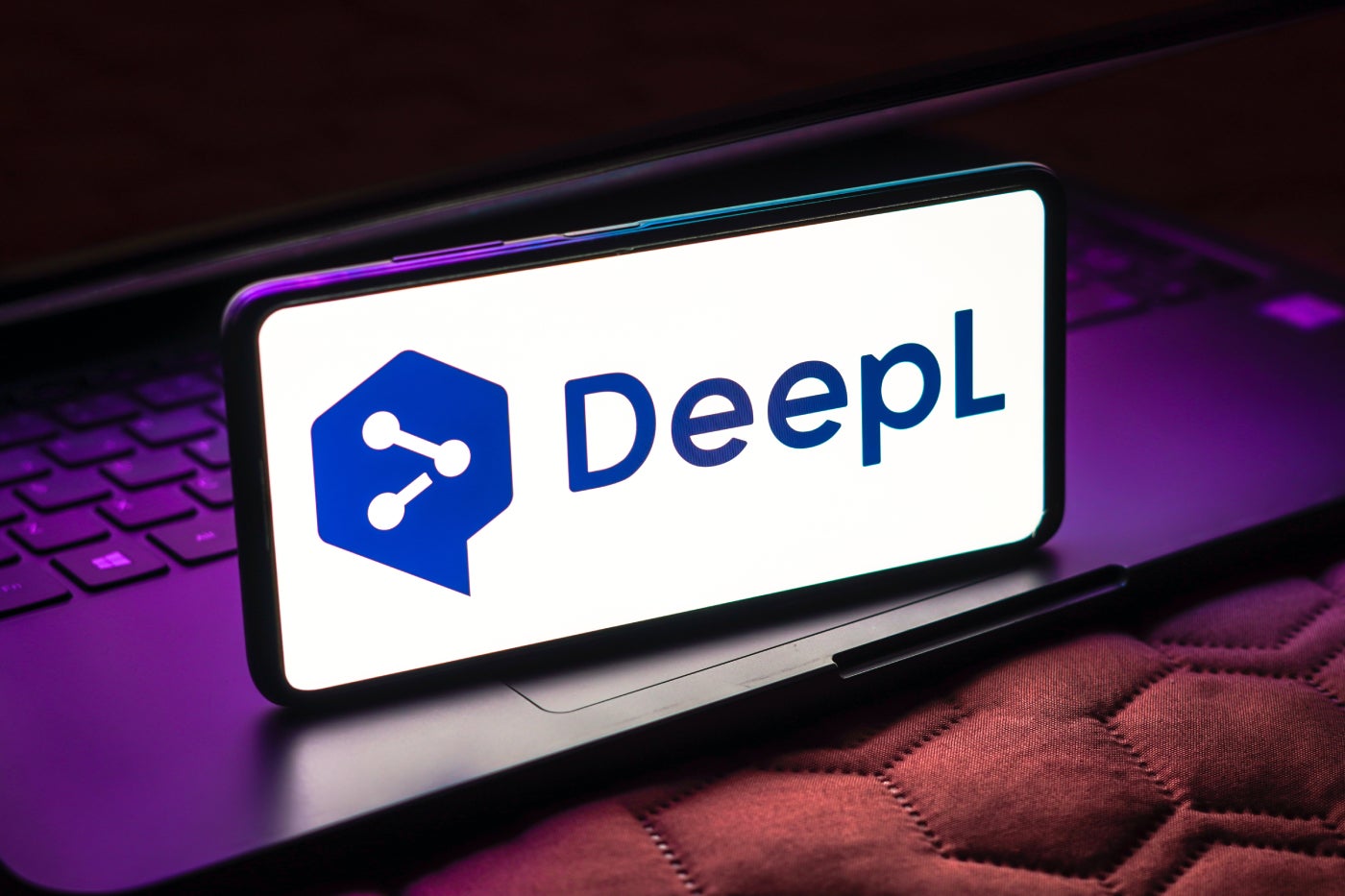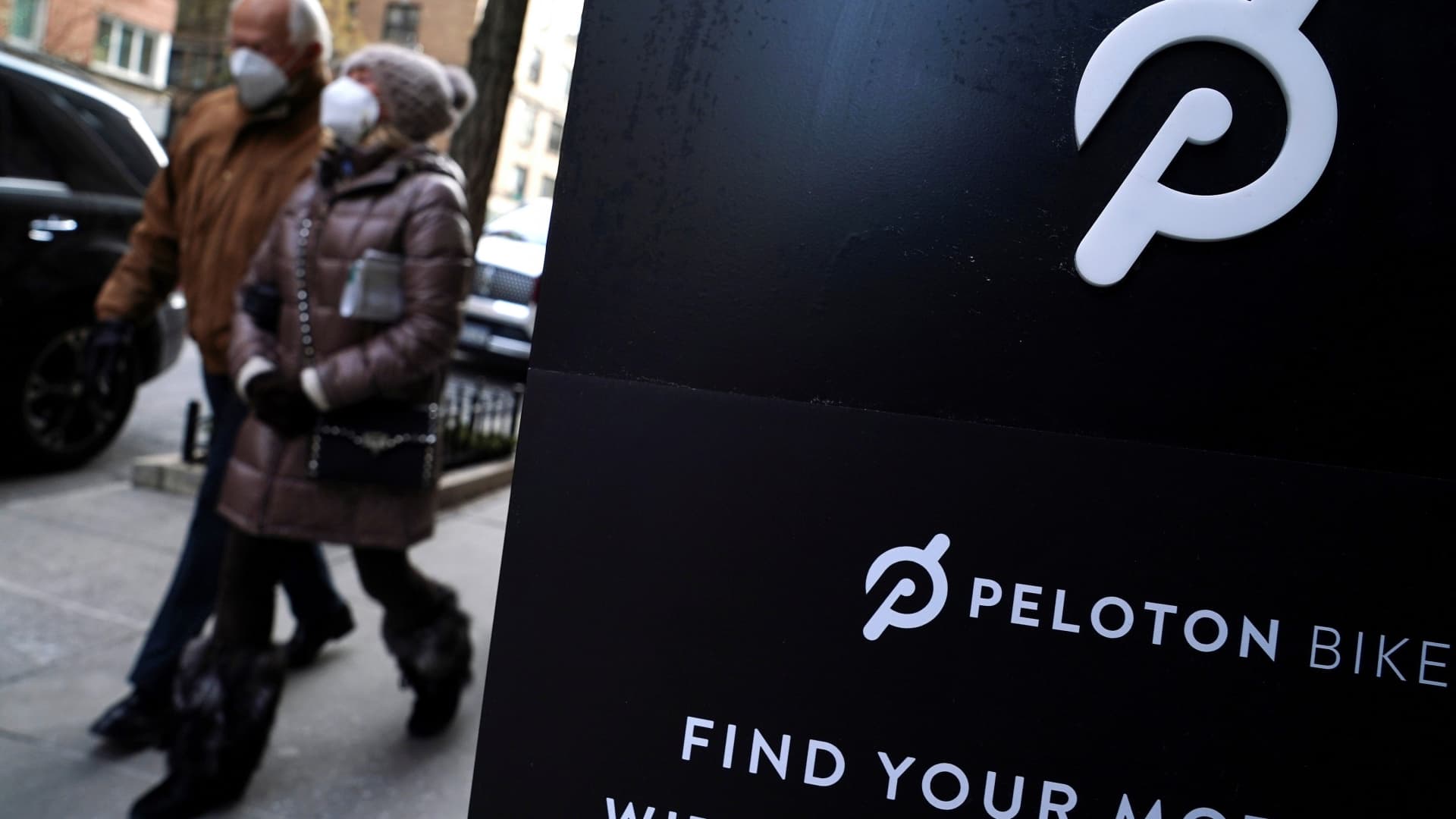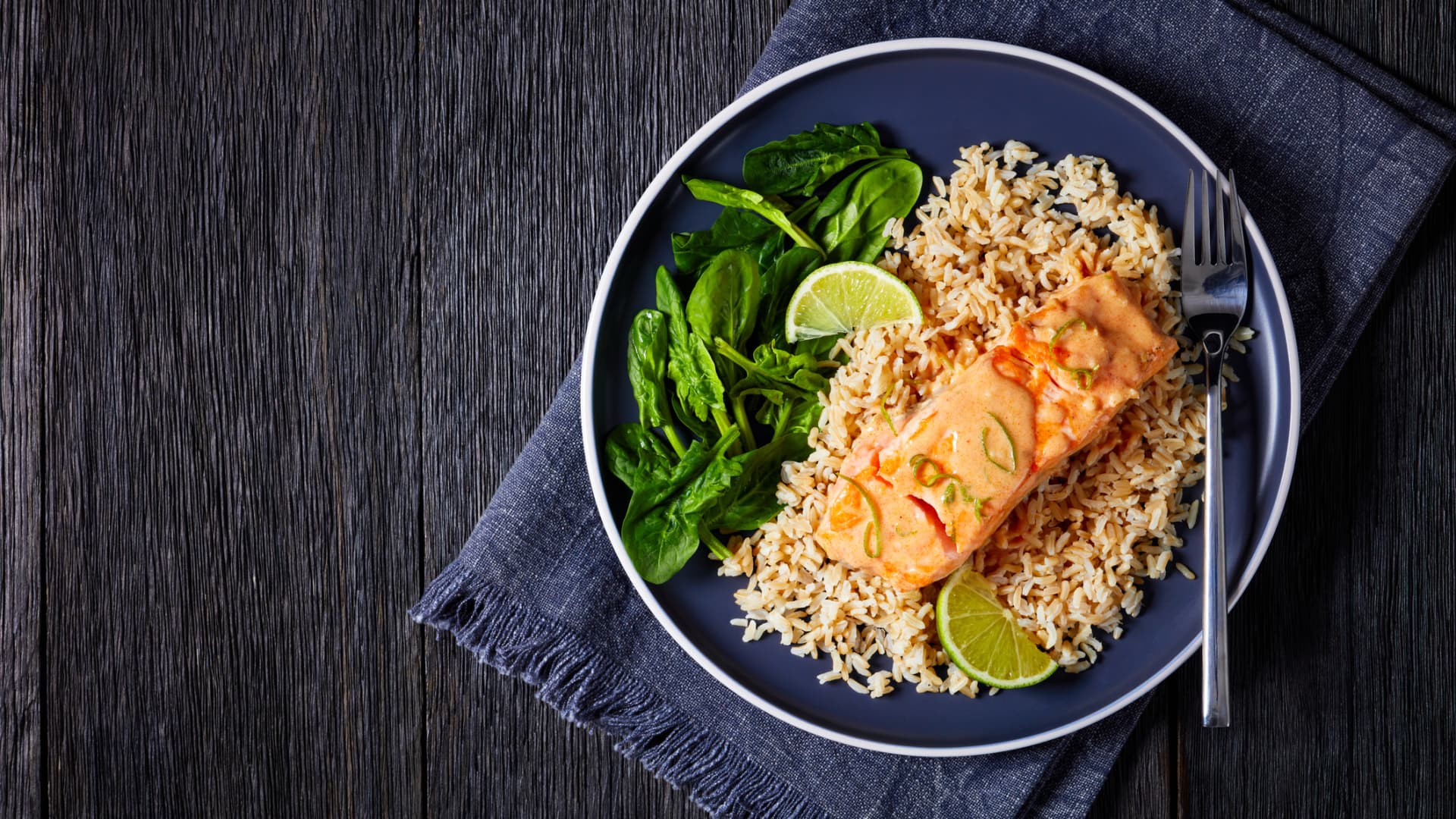
Harvard University’s Dunster House in Cambridge, MA
Blake Nissen for The Boston Globe via Getty Images
March 28 is “Ivy Day,” when the nation’s top schools release long-awaited admissions decisions.
A fascination with the eight private colleges that comprise the Ivy League spans decades. It is only now, some say, that students are taking a more skeptical view.
Applications for early admission at Harvard University took a sharp nosedive last fall amid multiple incidents of antisemitism on campus while backlash ensued over Harvard President Claudine Gay’s congressional testimony, which contributed to her resignation — and yet, just weeks later Harvard was named the ultimate “dream” school, according to a Princeton Review survey of college-bound students.
“Right now, a lot of students are still aiming for these top-tier, name-brand schools. But they really have these love-hate relationships with [colleges in the Ivy League] because they make the process so confusing and chaotic,” said Christopher Rim, president and CEO of Command Education.
To be sure, few college admission cycles have been as tumultuous as this one.
In June, the Supreme Court ruled that the affirmative action admission policies of Harvard and the University of North Carolina were unconstitutional.
The ruling was considered a massive blow to decades-old efforts to boost enrollment of minorities through policies that took into account applicants’ race.
It also raised questions about the practice of giving priority to the children of alumni and requirements for standardized test scores, both of which have reinforced race and wealth gaps, research shows.
More from Personal Finance:
FAFSA ‘fiasco’ could cause decline in college enrollment
Harvard is back on top as the ultimate ‘dream’ school
More of the nation’s top colleges roll out no-loan policies
Some colleges chose to end legacy preferences, while others, like Princeton University, recently announced it would continue to consider legacy status in its application process.
Some schools also decided to rely less on SAT and ACT scores while others, including Dartmouth and Brown University, announced they are bringing back standardized testing requirements after relaxing them in the years since the Covid pandemic began.
At Yale, students are now allowed to submit Advanced Placement, or AP, scores to fulfill the testing requirement — another move that could impact socioeconomic and racial diversity, experts say, since low-income and minority students have traditionally had less access to those classes.
“You are really giving some students an unfair advantage,” Rim said, “although it should be going the other direction right now.”
Then there is the matter of cost, especially at the highest level. Tuition and fees plus room and board for a four-year private college averaged $56,190 in the 2023-2024 school year; at four-year, in-state public colleges, it was $24,030, according to the College Board, which tracks trends in college pricing and student aid.
Higher education, as a whole, is under pressure, experts say. Rising college costs and ballooning student debt balances have caused more students to question the return on investment.
However, when it comes to the Ivy League, demand has remained remarkably strong, according to Connie Livingston, a former admissions officer at Brown who is now with counseling firm Empowerly.
“They’re like the untouchables, like the elusive and exclusive Birkin bag: No matter what, people are always going to want it,” Livingston said.
For decades, studies have shown that earning a college degree is almost always worthwhile.
A recent report by Harvard University-based nonpartisan, nonprofit research group Opportunity Insights found that an Ivy League degree carries even more weight in the workforce and beyond.
The group of Harvard and Brown University-based economists compared the estimated future income of waitlisted students who ultimately attended Ivy League schools with those who went to public universities instead.
In the end, they found that attending an Ivy League college has a “statistically insignificant impact” on earnings.
Even attending a college in the “Ivy-plus” category — which typically includes other top schools such as Stanford University, Duke University, the University of Chicago and Massachusetts Institute of Technology — rather than a highly selective public institution nearly doubles the chances of attending an elite graduate school and triples the chances of working at a prestigious firm.
Further, it increases students’ chances of ultimately reaching the top 1% of the earnings distribution by 60%, the Opportunity Insights report found.
“Highly selective private colleges serve as gateways to the upper echelons of society,” the researchers said.
“Because these colleges currently admit students from high-income families at substantially higher rates than students from lower-income families with comparable academic credentials, they perpetuate privilege,” they added.
24World Media does not take any responsibility of the information you see on this page. The content this page contains is from independent third-party content provider. If you have any concerns regarding the content, please free to write us here: contact@24worldmedia.com
Latest Posts

Citadel Securities blasts Trump Media CEO over DJT short sale letter

Language AI Pioneer DeepL Targets APAC Businesses With Pro Translation Options

London trio eyeing deal for Premier League striker

ECB June rate cut looks increasingly likely but still caveats: Joachim Nagel
Liverpool tracking Egyptian winger Omar Marmoush

Tech Worker Salary Growth in Australia Has Normalised

Peloton removes free app membership

Learn How to Code and Get Microsoft Visual Studio for Only $54

Man Utd make transfer decision on injured striker

A nutritionist shares her simple diet for optimal health

Arsenal set to lose highly-rated midfielder this summer

Can Microsoft Copilot Write Simple SQL Commands for You?